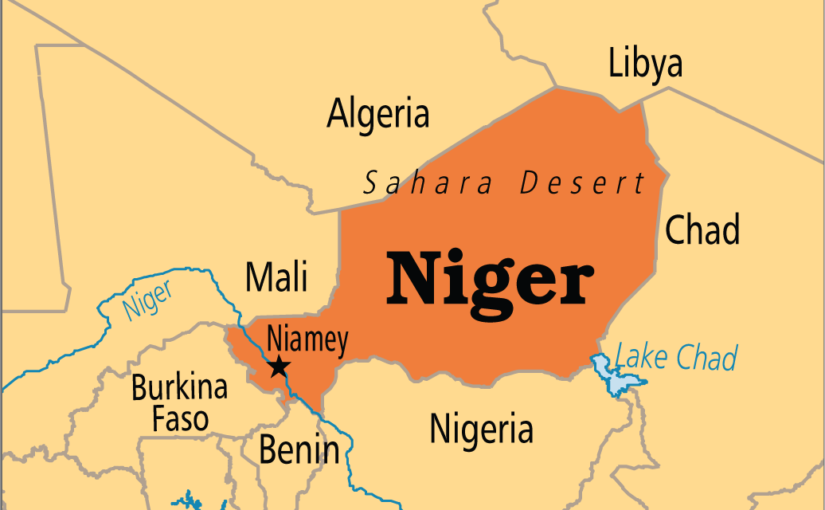The first French expedition is estimated to have come to Niger around 1890. The white French settlers controlled the black chiefs who in turn controlled the local Africans. When discontent began to grow, several political parties formed in Niger: The Niger Progressive Party (PPN)/ African Democratic Assembly, Niger Democratic Union (NDU) and the French Socialist Party. During the 1958 referendum, the Niger Democratic Union was supposed to win but the results were altered to favor the Niger Progressive Party (PPN-RDA).

When the country became independent, Hamani Diori, the head of the PPN-RDA became President. He outlawed the Niger Democratic Union and its leaders were forced into exile. However, a few of them unsuccessfully attempted to assassinate Diori. Drought, famine and power struggles in the PPN-RDA weakened the party. In April 1974, Lieutenant General Seyni Kountche seized power, dissolved the National Assembly, the PPN-RDA and arrested leaders of the old government. He also installed a Supreme Military Council even though he suffered at least two coup attempts in 1974 and 1975 and again in 1983.
Between 1975 and 1980, Kountche’s government had a period of stability due to the increase in the price of uranium which allowed the government to invest in development. After suffering an attempted coup in 1983, Kountche created the National Council for Development (CND) which had 150 elected representatives from the country’s seven regions. The Council was supposed to draft a new constitution as an attempt to return the country to civilian rule. Kountche died in November 1987 and he was succeeded by Colonel Ali Saibou.

Saibou introduced many reforms including the fast track drafting of the constitution by the CND. He also legalized political parties and founded the National Movement for the Development of Society (MNSD). In the election of September 1989, Saibou won a seven-year term for President and his party MNSD won many of the seats in the National Assembly. Three months later, a referendum was conducted to enact a new constitution which unfortunately made the MNSD the only political party in the country. However, in March 1991, the National Assembly approved a new constitution that would permit multiple political parties.
The new constitution led to many reforms including: the end of one party rule, the suspension of the constitution, organizing of new elections, creation of a High Council of the Republic as interim legislature and the appointment of Amadou Cheiffou as transitional Prime Minister. This led to elections in 1993 in which the leader of the opposition Alliance Forces of Change (AFC), Mahamane Ousman won the Presidency.
In the early 1990s, new problems emerged in Niger after the northern minorities, the Toureg rebelled with support from Libya. Ousame was expelled through a coup in 1996 when Colonel Ibrahim Barre took over.




